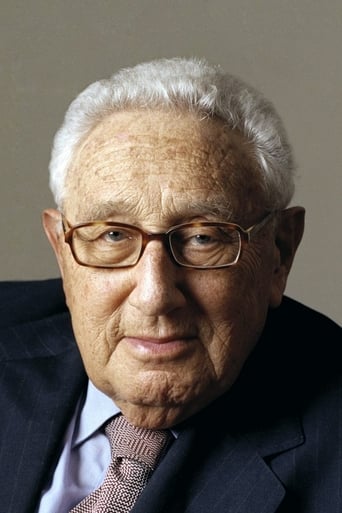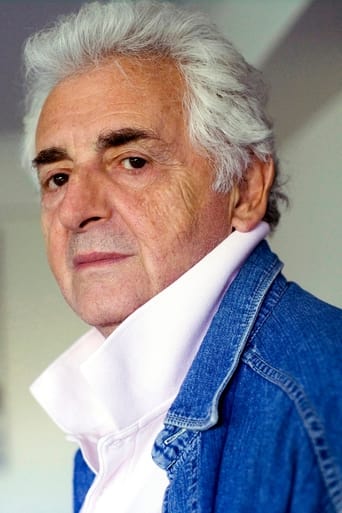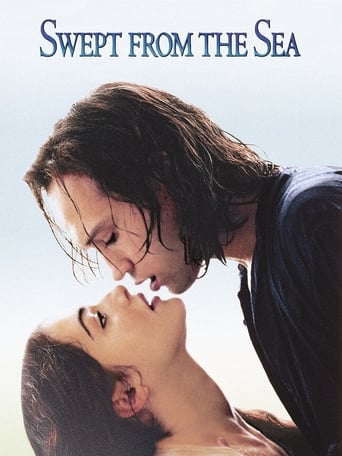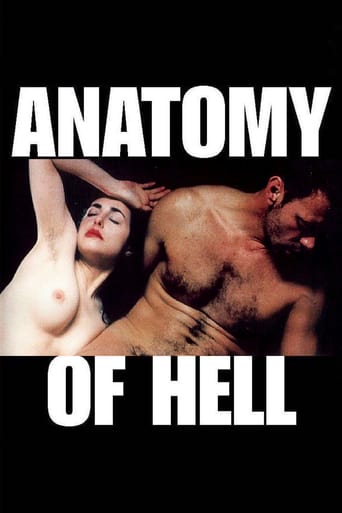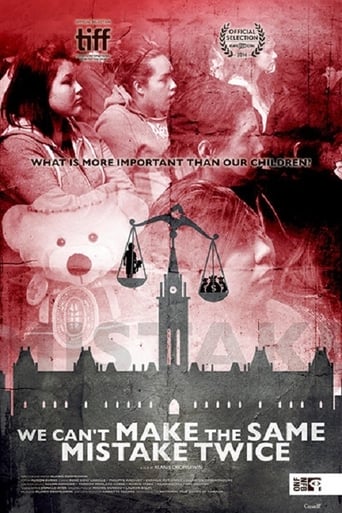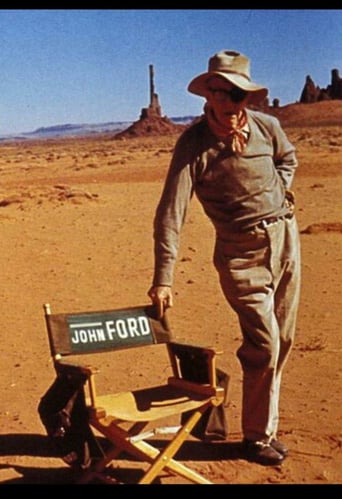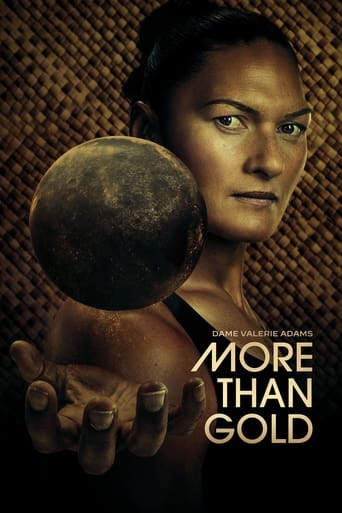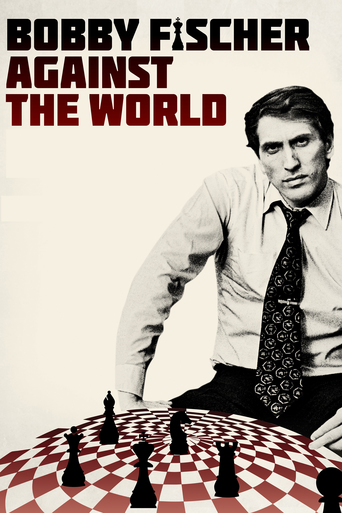
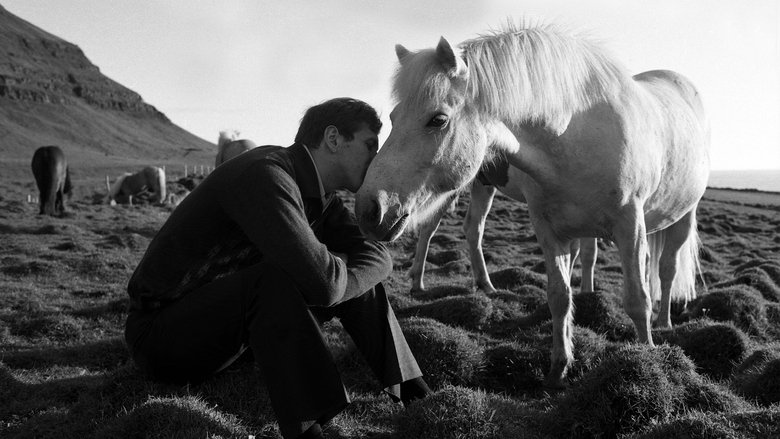
Bobby Fischer Against the World (2011)
The first documentary feature to explore the tragic and bizarre life of the late chess master Bobby Fischer.
Watch Trailer
Cast
Similar titles
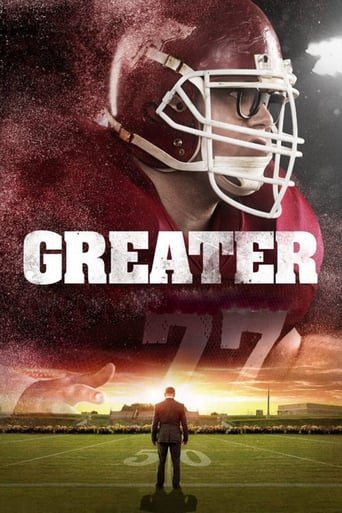
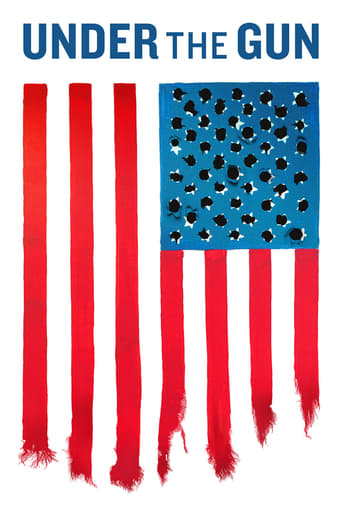

Reviews
The Age of Commercialism
Sadly Over-hyped
Good concept, poorly executed.
The movie really just wants to entertain people.
This biography of the eccentric chess champion Bobby Fischer is good as far as it goes. I have played maybe two dozen games of chess in my life but am of an age that I can remember the famous 1972 match between Fischer and Boris Spassky, a match that this movie pivots on. So, even as remote from the game as I am, I was pretty much aware of the arc of Fischer's life as presented here, from obsessed chess champion to paranoid anti-Semite. Though I found this film interesting, it added little to my knowledge of Fischer--although I had not realized the extent of his physical training. If you are at all involved with chess, then I would assume that you would know as much about Fischer as seen here. So, who would most benefit from seeing this? Probably those who know little about chess but are young enough not to remember the highly publicized events of Fischer's life.The format is standard: archival footage interwoven with observations from people who knew Fischer. This film left me with a lot of questions that I would liked to have seen addressed. Undisputed geniuses in their fields, such as Fischer, usually fascinate, witness the interest in Einstein even though few understand his work. But, what accounts for the continued interest in Fischer? For example, Gary Kasparov is close to being Fischer's equal at chess, and his life as a writer and political activist after retiring from chess has been remarkable, in a positive sense. But Kasparov has not obtained anywhere near the status in popular culture as Fischer. Why is that? Is it interest in Fischer's fall from grace? Do tragic lives interest us more than successful ones? One question I have always had about Fischer is whether the seeds of mental illness were always present, or whether his obsession with chess provoked the illness. In different circumstances could he have had a more normal life? When you see the clips of Fischer as an apparently charming young man it is sobering to look at those in light of what you know is to come. I would have liked more focus on Fischer as a kid and young man, like some in-depth interviews with his sister and more information on his family life. Maybe all you would get there is that he played chess all the time. But what was he like in school? Also, more information on his supposed marriage to a Japanese woman and his relationship with a Philippine woman would be of interest. Did he in fact establish some intimacy with those women? It was not at all clear that that would ever have been possible for him.As a counterpoint to this documentary I recommend the excellent movie, "Searching for Bobby Fischer." That movie is based on a true story and shows that a more well-rounded person can excel at chess at a high level, even though it might be questionable whether such a person could ever get to the world championship level.
Since this was meant to be a documentary about the life of Bobby Fischer I thought it was pretty interesting. I was introduced into the world of chess as a boy myself and haven't had a lot of time to improve my game being in college. I read Fischer's book on chess and learned how to play pretty well and beat some people that claimed they were good.The life of Bobby Fischer is nonetheless interesting yet sad because of the publicity he received in his life, in a way the thing he most cherished destroyed him, because once he reached the peak of his career, winning the world title, there wasn't really a peak above that. I thought it was pretty good though I'd recommend this movie to someone interested in chess at all will know the name Fischer.
A very comprehensive documentary about Bobby Fischer, this film doesn't constitute in itself a masterpiece of the documentary genre, yet its subject is very interesting to me.Bobby Fischer is this brilliant chess player coming out of Brooklyn and literally living the American dream. He starts playing at 6 years old, quickly outshining players in his categories, reaches a moment when he fights the Russian chess world champion in the height of the cold war and wins, thus making popular the game of chess even in an anti- intellectual country as the US and revolutionising the game of chess itself.Alas, soon after he pretty much goes insane, with bouts of paranoia and psychosis and ridiculous antisemitism (he was Jewish himself). The greatest win of the chess world was in the same time its greatest loss. It is painful to watch this great mind shrink and die under the weight of mental illness. The film is merciless in displaying it and does as much in bringing forth the legend of the greatest chess player of all time as it does to totally demolish it in the end. It is one of those stories where you would wish for the main character to die right after he wins the world championship. Too sad.As for the chess itself, there was none. It is strictly a layman's story, about Bobby the man and of the people around him and the human footprint of his existence.
As a friend of Bobby Fischer for almost 20 years I am in an unusual position to critique this documentary. Let me say at the beginning that I think it is a brilliant work. Even so I am deeply troubled by the complete omission of three people who were as close to Bobby as any one who appears in the film, and probably closer. The three are Jack and Ethel Collins, and William Lombardy. Bobby cut his teeth, as it were, at the home of the Collins's, spending an inordinate amount of spare time with them as a young child. In their home, he learned from Jack -- a New York State Champion, an editor of "Modern Chess Openings," (America's leading précis on opening play), a respected Correspondence Chess player, and the dean of American Chess Teachers -- and he received needed motherly sustenance from Jack's sister Ethel.The Rev. William Lombardy was Fischer's "second" in Reykjavik. It is he who fought the battles for Bobby with the administrators and the arbiters. By his doing so, Bobby could stay somewhat in the background getting his needed rest. The tension and responsibilities lay on the broad shoulders of the Rev. Lombardy, who did a magnificent job on the front lines acting for the Mercurial Mr. Fischer. The full story of Bobby Fischer cannot be adequately told without these three Fischer companions making some contribution to his film life.Given these three omissions one has the right to ask why Susan Polgar is represented as a Fischer expert. She was but three years old when the Fischer-Spassky match was played, and though she may have had later social connection with him, it is wrong to present her in the role she plays.One can wonder too how Sam Sloan was chosen to give his views of Fischer. His knowledge of Fischer is a distant one at best.Plaudits, though, are due for the in-depth interviews of Larry Evans and Tony Saidy, two who knew Bobby well. The same may be said of Asa Hofmann, to this day a legend in New York chess circles.

